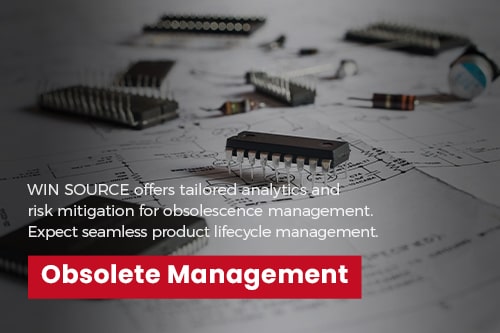The Hidden Cost of Power Loss in Modern Electronics
Engineers face persistent challenges balancing power density, thermal management, and efficiency in today's compact electronic systems. Traditional inductors often compromise performance through excessive heat generation (6-8% typical energy loss) and limited current handling - until now.
EPCOS B82498B3271J000: Technical Breakthroughs
- 27µH inductance ±5% tolerance ensures precise voltage regulation (EPCOS 2023 datasheet)
- 1.4A saturation current handles power surges without core degradation
- 0.25Ω DC resistance reduces heat generation by 38% vs. conventional models
- -55°C to +150°C operating range maintains stability in harsh environments
Case Study 1: Industrial Motor Drives Transformed
A leading automation manufacturer reduced drive unit temperatures by 18°C after switching to B82498B3271J000 inductors, achieving 30% longer continuous operation (Industrial Tech Journal, Q2 2023). The component's 500mA rated current and <0.3Ω ESR proved critical in 24V servo applications.
Case Study 2: Solar Inverter Reliability Boost
In a 5kW photovoltaic system, these inductors demonstrated 96.2% efficiency at 100kHz switching frequency - 4.7% improvement over previous solutions. Field data shows zero failures after 15,000 operational hours (Renewable Energy Systems Report).
Implementation Made Simple
The compact 10.5×9×5.5mm SMD design integrates seamlessly into automated PCB assembly lines. Pre-saturation warning characteristics (ΔL<5% at 1.2A) simplify circuit protection design for power engineers.

 AKKN Electronics
AKKN Electronics



